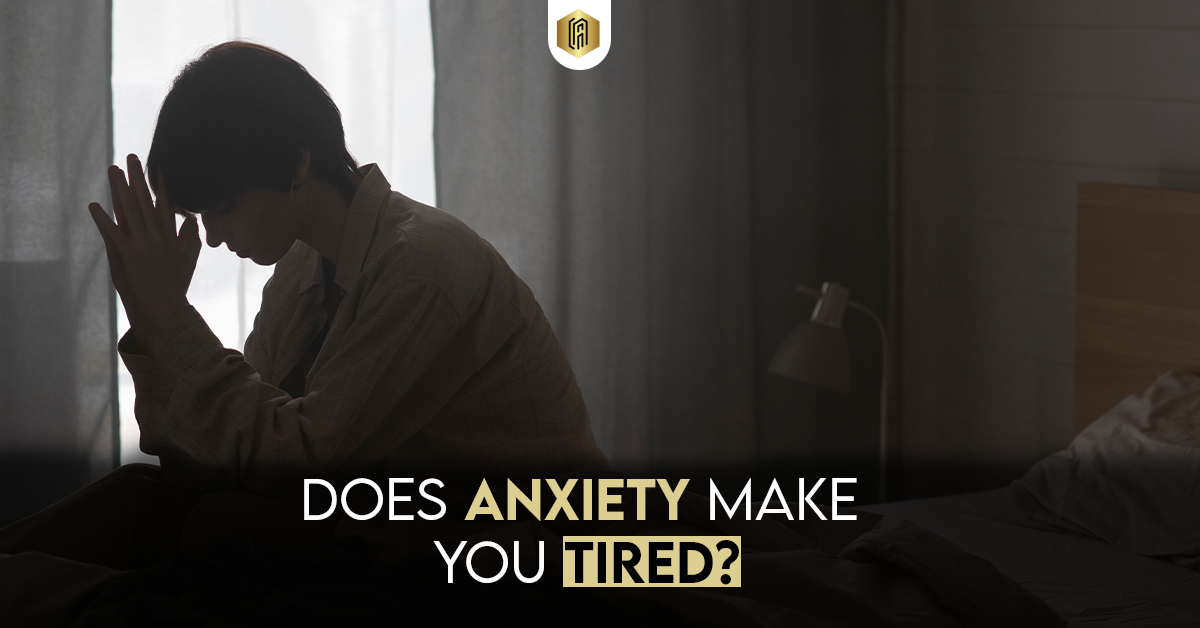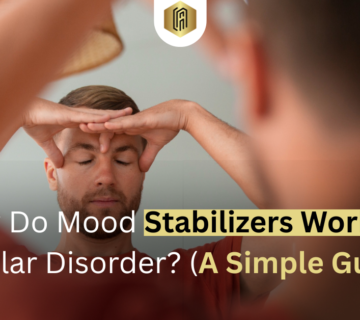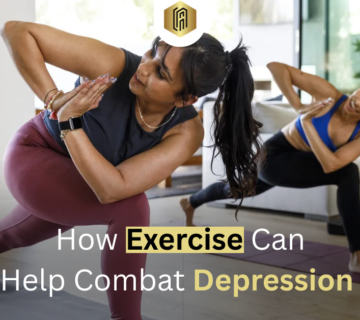Have you ever felt so tired after worrying or being stressed? You’re not alone! Many people ask, “Does anxiety make you tired?” Yes, it truly does. Anxiety not only impacts your mind but also leaves your body feeling weak and exhausted. Anxiety tires you out. The energy drains away and both the mind and body feel the strain. Tiredness comes with anxiety. You probably wonder why this happens. It really wears you down over time. Let’s explore ways to feel more energetic and healthier.
Reclaim your energy with Ascension Psychiatric Services. Learn how anxiety impacts fatigue and find expert support for a more balanced life. Contact us today.
How Anxiety Drains Your Energy
When anxiety strikes, your body responds. The “fight-or-flight” response kicks in. This quickens your pulse and breath. Muscles tighten, ready to act. This response is vital in emergencies but drains your energy. It’s an ancient survival mechanism, now often triggered by modern stress. You feel exhausted even when the danger has passed.
When this occurs frequently, as with anxiety, your body tires from constant effort. This is why anxiety tiredness is prevalent. Anxiety can drain you, even without running or lifting heavy things.
Why Does Anxiety Make You Feel Tired?
Anxiety tires you. It alters your body and mind in distinct manners. Here’s how:
-
Your Brain Works Overtime
Anxiety leads to a cycle of “what ifs.” This overthinking drains your mental energy, making you tired. Constant worries use up your mental resources, causing exhaustion.
-
Your Body is Always on Alert
Your body stays alert for no reason. Anxiety triggers false alarms constantly. There’s no real danger, yet your muscles remain tight. This ongoing stress has a cost. It leads to physical fatigue, a tiredness from imagined threats.
-
It Interrupts Your Sleep
Nights without sleep exhaust you. Anxiety fills your mind, blocking rest. Falling asleep feels difficult for you. Staying asleep is also hard. Lack of rest leads to fatigue. Peaceful sleep seems unreachable.
-
It Tightens Your Muscles
Stress tenses your muscles and causes discomfort. Often, your shoulders and neck ache due to anxiety. After an anxiety attack, you feel tired as your muscles relax. This shows how anxiety harms your health.
Does Anxiety Cause Weakness?
Indeed, anxiety can induce feelings of weakness. Many individuals ask, does anxiety cause weakness? The answer is yes. Anxiety may cause your limbs to feel unsteady or feeble. The body uses energy while staying in “fight-or-flight” mode.
This tiredness isn’t due to bad health; it’s simply a result of overexertion. When it occurs, it signals a need for rest.
Different Types of Fatigue Caused by Anxiety
Anxiety affects your energy in multiple ways. It can lead to various types of fatigue.
- Physical Fatigue: You feel like you’ve run a very long race, even after sitting all day.
- Mental Fatigue: Your mind seems “cloudy.” It’s challenging to focus or recall information.
- Emotional Exhaustion: You feel sad. Worry troubles your mind. The feeling of being overwhelmed returns often. Irritation creeps in frequently from the constant stress.
- Social Fatigue: Interacting with people can be exhausting. It may make you avoid social gatherings.
These types of fatigue might happen together. This makes it harder to regain your energy.
What Are the Symptoms of Nervous Exhaustion?
When anxiety heightens, it can trigger nervous exhaustion. This state occurs when both your body and mind feel utterly drained. Some indicators of nervous exhaustion include:
- Regularly feels tired, even after relaxing.
- Experiencing difficulties in focusing or retaining memories.
- Experiencing frequent headaches or muscle pain.
- Feeling a little energy or excitement for daily activities.
- Feeling emotional distress or being easily annoyed.
Recognizing these signs means you need to rest and take care of yourself.
Why Does Anxiety Feel like It’s Stealing Your Energy?
Anxiety attacks leave you completely drained. Your racing heart, tense muscles, and restless mind use up your energy. After the panic, you feel empty, like a car out of gas. This describes the intense fatigue that comes after feeling anxious.
This explains why numerous individuals feel exhausted following an anxiety attack. It’s your body indicating, “I require some rest.”
How Anxiety Makes You Feel Tired Every Day
Anxiety creates a cycle of constant tiredness. It makes people weary every day. Worrying drains energy. This, in turn, increases anxiety about being tired. The cycle continues, trapping people in a loop of concern and exhaustion.
Breaking the cycle of extreme fatigue and anxiety may seem challenging, yet it’s achievable. By grasping why anxiety is tiring, you can begin taking steps toward improvement.
How to Overcome Anxiety-Related Fatigue
If anxiety leaves you exhausted, don’t fret. There are ways to feel better. These tips might help you get your energy back:
-
Relax Your Mind and Body
Calm your racing thoughts and tense muscles with mindful practices. Try deep breaths, meditation, or gentle yoga. These soothe your nervous system, easing the body from high-alert mode. This approach conserves energy and reduces anxiety’s impact.
-
Get Good Sleep
Sleep well every night. Maintain a consistent bedtime and wake-up time. Avoid screens before bed. Create a calming bedtime routine. Your body needs this rhythm.
-
Move Your Body
Stress takes away energy. Exercise fights this. A short walk outside refreshes you. It helps both body and mind. Moving around improves your mood and reduces anxiety. Even brief exercise is helpful. Regular activity builds strength to face daily challenges. It makes them easier. Active people tend to be calmer and healthier.
-
Eat Healthy Foods
Fruits, veggies, and whole grains make the perfect diet. It provides essential nutrients. This can alleviate anxiety tiredness and enhance your overall energy.
-
Talk to Someone You Trust
Talking about feelings really helps and eases the emotional burden. Friends, family, or therapists listen with understanding. Therapists introduce methods to control anxiety.
How to Break the Cycle of Anxiety and Fatigue
If you feel trapped in a loop of worry and tiredness, action becomes very important. Recognize how anxiety drains your strength. For instance, question yourself:
- Am I resting sufficiently?
- Am I having intervals to refresh?
- Am I overthinking? Or am I worrying too much?
After finding the cause of your anxiety tiredness, make small changes to boost your mood.
Final Thoughts: Does Anxiety Make You Tired?
Yes, does anxiety make you tired? Definitely. Anxiety affects your mind and body, leaving you exhausted and weak. The effects are real. They range from fatigue after an anxiety episode to severe fatigue and anxiety.
But keep in mind that you’re not helpless. By knowing the link between anxiety and fatigue, you can act to restore your energy and escape this cycle.
Feeling anxiety is tiring or wondering, does anxiety cause weakness? Suggests that help is needed. Assistance exists. Improve your well-being and recover your energy. Relax. Adopt healthy routines. Maybe seek professional support.
FAQs
Why is anxiety so tiring?
Anxiety takes your energy by keeping you always on edge. It’s like a daily marathon for your mind and body.
How can I manage anxiety and tiredness?
You can manage anxiety and tiredness with relaxation techniques. Also, get enough sleep, eat well, exercise, and talk to a trusted person or therapist.






No comment